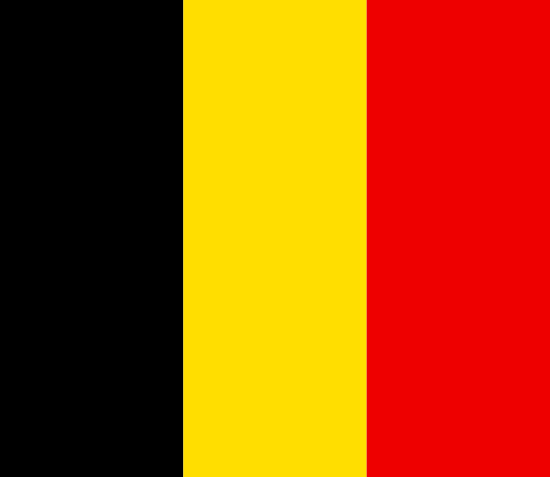Laurence Drèze

Three questions to Laurence Drèze, Biodiversity Policy Officer at WWF Belgium
1. What are the main challenges and opportunities in your daily work?
As biodiversity policy officer, I’m following the international, European and Walloon biodiversity files to advocate for WWF’s mission: act to stop the degradation of our planet's environment and to build a future where humans live in harmony with nature. Daily work for this mission consists in participating in all relevant stakeholder meetings and consultations and organizing bilaterals with key players. The main challenge is at the same time also maybe representing our main opportunity: getting the message across that nature benefits humans.
2. How does your work at WWF can be linked to the framework of the CBD ?
WWF advocates for a strong and ambitious Global Biodiversity Framework that must deliver immediate action on the ground to reverse nature loss for a nature-positive world by 2030, for the benefit of all people and the planet. For WWF considers essential ingredients of an ambitious global biodiversity framework are: a mission to halt and reverse biodiversity loss by 2030 for a nature-positive world, a goal to 30% of the planet’s land and water conserved by 2030 through a rights-based approach, to halve the world’s footprint of production and consumption by 2030, a comprehensive resource mobilization strategy to finance implementation of the framework , a strong implementation mechanism which offers reviews and ratchets action over time (in the mold of the Paris Agreement on Climate Change, with agreed indicators to measure progress), a rights-based approach, recognizing the leadership, rights, and knowledge of indigenous peoples and local communities, and a whole of society approach, enabling participation of all sectors of society throughout the implementation of the framework.
Finally, the inclusion of equitable and rights-based Nature-based Solutions alongside ecosystem-based approaches to deliver benefits for people and nature is also important.
3. What are your expectations for COP15 and wishes for biodiversity in the future?
The 2022 UN Conference on Biodiversity in Montréal (COP15) is an unmissable opportunity to tackle the accelerating crisis of biodiversity loss. This deal must set the world on a new course to address alarming biodiversity loss, which is also vital to combating the climate emergency, achieving food and water security, reducing our vulnerability to future pandemics, and achieving the Sustainable Development Goals. The post-2020 global biodiversity framework (GBF) needs to be at least as comprehensive, science- based and ambitious as the Paris Agreement on Climate Change. It must deliver immediate action on the ground to reverse nature loss; however, the current draft framework does not go far enough to address the biodiversity crisis. WWF has identified a number of areas in which the GBF must galvanize transformative action.
All countries must increase ambition and action to deliver a comprehensive and science-based framework that can halt and reverse biodiversity loss by 2030 and achieve a nature-positive future, so that by the end of the decade we have more nature than at its start. After COP15 and the agreement of the GBF, countries, including Belgium, should immediately update their National Biodiversity Strategies and Action Plans (NBSAPs) to align with the framework and the ambition to reverse biodiversity loss by 2030 to achieve a nature-positive world.
